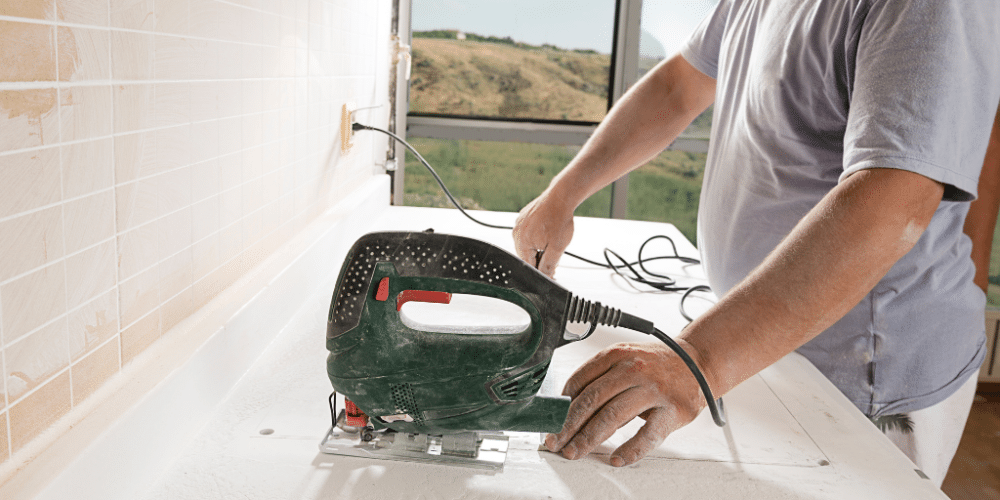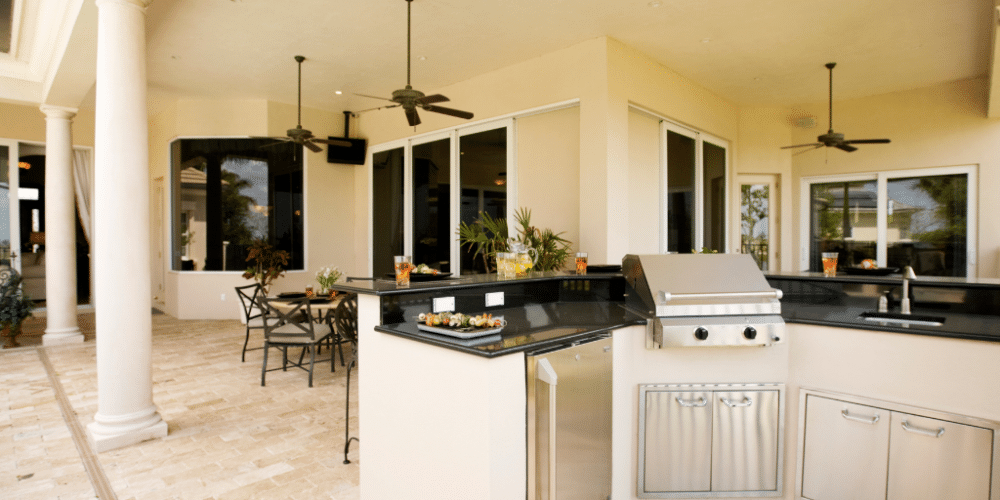Granite is a natural stone formed in extreme conditions that give it durability and resistance to a variety of situation. Even so, everyday use can wear granite countertops down without the protection provided by a high-quality sealant.
Though all sealants and coatings are marketed to protect granite countertops from standard wear and tear, some products can negatively impact the environment. Help preserve our world and remain informed about the types of countertop sealants and coatings that best help us do so.
Toxins Found in Common Countertop Sealant Products
Ingredients labels do not tell you the safety of each included chemical. Below is a list of chemicals commonly found in many countertop sealants and coatings:
● Butoxyethanol
● Ethylbenzene
● Light distillates
● Naptha
● 1-(2-butoxy-1-methylethoxy)propan-2-ol
● Xylene
● Isopropyl alcohol
Each of these chemicals can either be absorbed through the skin or produce inhalable vapors and cause harmful effects in both humans and animals. Products that contain any of these chemicals increase the risk of exposure, especially during reapplication.
Toxic chemicals found in sealants and coatings also have a profound effect outside of the home. Manufacturing plants deal with these and other chemicals in industrial amounts that spew out copious byproducts and vapors into nature.
Water-based Sealants
The market currently offers a large selection of water-based countertop sealants and coatings that are low in VOC or volatile organic compounds. These products carry significantly smaller amounts of harmful chemicals than their solvent-based counterparts. Water-based sealants also produce little to no odors and are not flammable.
A water-based sealant or coating works by evaporation, leaving behind a protective layer designed to repel water and prevent staining on a surface. The primary disadvantage of water-based sealants lies in the lack of penetrating power that can leave pores unprotected.
Natural Oil Coatings
Walnut oil, hemp oil, and tung oil are not typically marketed as countertop sealants or coatings, but can also get the job done. These and other types of natural oils dry and polymerize to create a protective surface on stone countertops that repel water just like any other countertop sealant product.
The main distinction for natural oils is their status as the only usable coating completely free of any toxic chemicals. Food products, which include natural oils, must not contain chemicals that cause harmful effects upon ingestion, let alone physical contact.
Wax Coatings
Wax has also seen use in coating and protecting countertops in a way similar to natural oils. Waxes such as beeswax occur naturally and also contain no toxins. Problems arise in the difficulty of hardening wax and the more involved process of reapplication, commonly involving painstaking spreading to create a flat surface.
The Verdict
Ultimately, the choice for an environmentally safe countertop sealant varies according to your preferences. Our recommendation is to use natural oils, due to their ease of application.
Call us at Washington Marble Works today to review your options with fast and friendly service.





